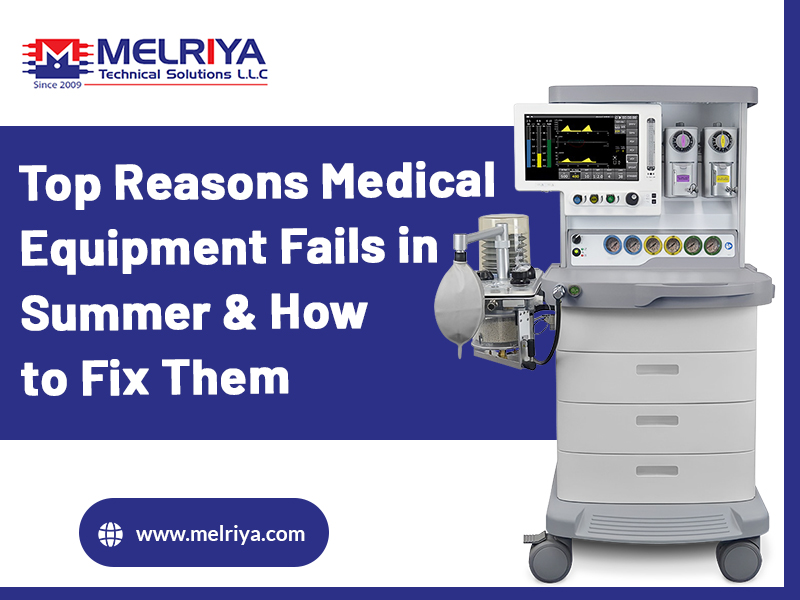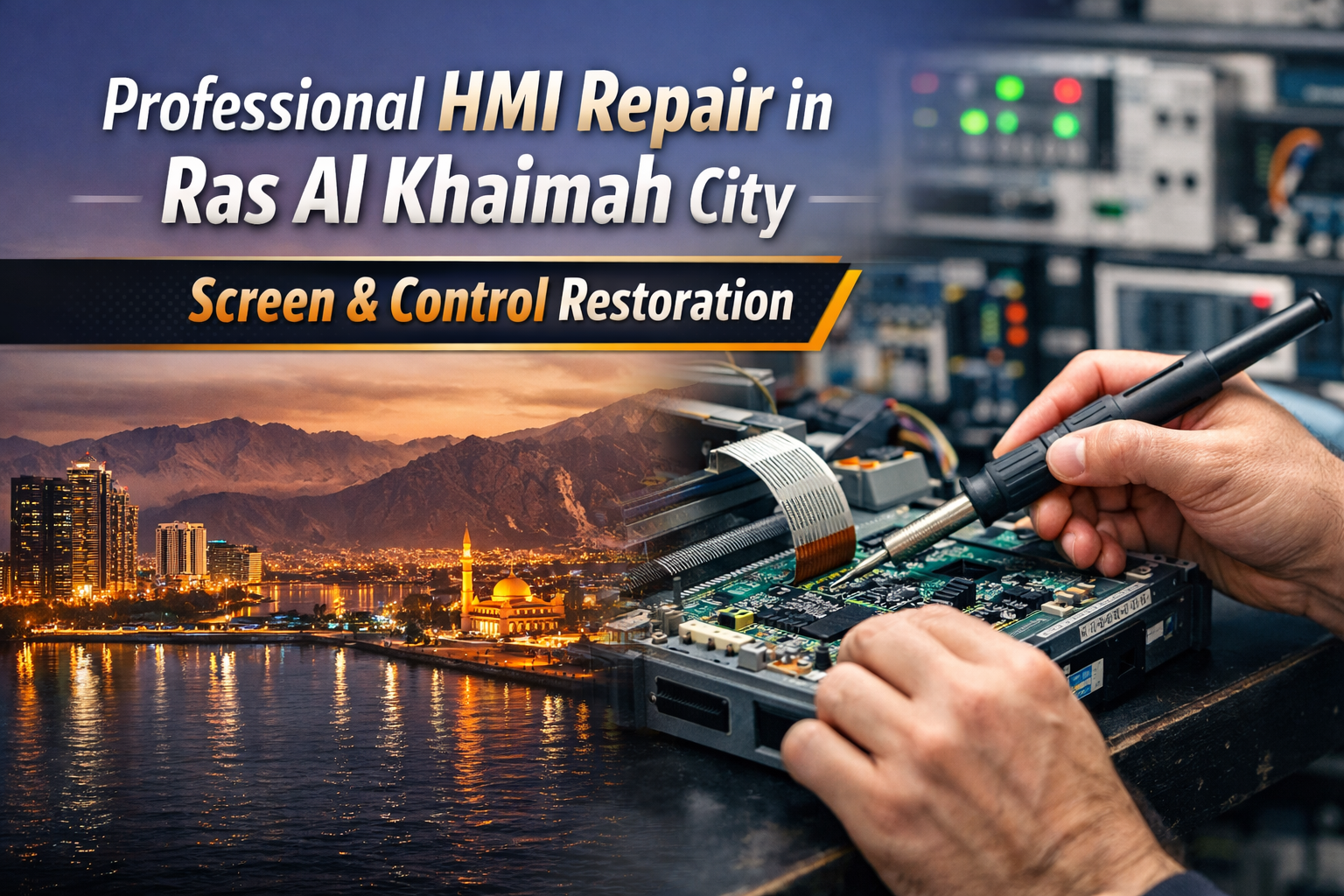The summer months introduce another range of challenges for several industries, and healthcare is no different. Extremely elevated temperatures and humidity can impact the very working of medical equipment. To maintain standards of patient care and safety, one must understand the causes that trigger the failure of medical equipment in summer. Interventions conducted at the proper time can avert huge breakdown costs as well as downtime.
Overheating is one of the biggest determinants resulting in the failure of equipment in summer. Most medical devices, including imaging machines, laboratory equipment, and patient monitoring systems, are heat-sensitive. This means that whenever the temperature of the equipment rises above that recommended by the manufacturer, some internal operation failure and irreversible damage may occur to the components. Ongoing exposure to abnormally high temperatures may cause expansion of circuitry and loosen connections, which ultimately results in total failure of the system.
Another important factor with respect to the warmer months is humidity, which, just like heat, can affect the performance of medical equipment. Condensation can occur on devices at high humidity levels, which may cause moisture to fall upon electrical components. That could spell short circuits, corrosion, and rust-all of which can massively undermine the functioning of essential medical tools. Air conditioning and proper ventilation in medical facilities become essential to eliminate the adverse effect of humidity.
Another threat to medical equipment comes from power surges and fluctuations, largely encountered during the summer season, when demand for electricity rises owing to heavy use of air conditioning. Surges can wreak havoc on any sensitive medical equipment that requires stable power supply. Without surge protection, equipment may experience sudden shutdowns, data corruption, or even complete operational failure.
Accumulation of dust and debris comes to the fore as yet another cause of cardiovascular equipment failure during summer. Air conditioning is generally overused during hotter months and, consequently, a larger number of particles will be circulated in indoor environments. Dust may find its way into the internal circuitry of medical machines, obstructing cooling fans while preventing airflow. Harding of these operations leads to weakening and overheating, as well being a threat to critical equipment.
Improper storage and transport of medical equipment during summer may also lead to failures. If left in vehicles or storage spaces where they cannot be monitored for temperature, heat can build up quickly, causing heat damage. Excellent handling of delicate instruments whose optimal performance is contingent upon sustaining specific temperature conditions is necessary to avoid huge repair or replacement costs.
The summer weather is necessitated for a tailored maintenance schedule. Within equipment, the cooling systems should undergo regular inspection, catching potential problems early in the routine. Technicians are called upon to inspect a unit for overheating, dust deposits, water-logged batteries, or even condensation on the second front each time they are called to provide service.
Another critical aspect is training the healthcare workers to have a good sense of the preempting signs of these equipments being strained. It is every worker's duty to notify management if noise, poor performance, or warning lights are sighted before or during their operation. This timely intervention might just mean that what might very easily be a quick fix for the gadget may otherwise compromise the expensive gear to pieces.
Hiring professionals in Meditech Repair & Maintenance, like us, Melriya Technical Solutions L.L.C., at this time could go a long way in making things happen generally. We are well known for keeping the machine in use, tested, fixed, and ready for legibility while servicing in any environment, even in the worst of Summer.
Redundancy planning is one sure way of saving the day in case some trouble befalls us. This ensures that operations have maximum smoothness in cases of a device malfunction. Hospitals and clinics are thus advised to constantly evaluate their backup systems as far as the kept stocked or take good care of them.
In summary, medical institutions, through understanding root causes and carrying out implementation of their preferred corrective/ preventive actions, shall enjoy increased employability of the equipment, even through the hottest months. Very far-sighted approach, this is, all the while carrying out full protection of the equipment investment to ensure patient care is never compromised.



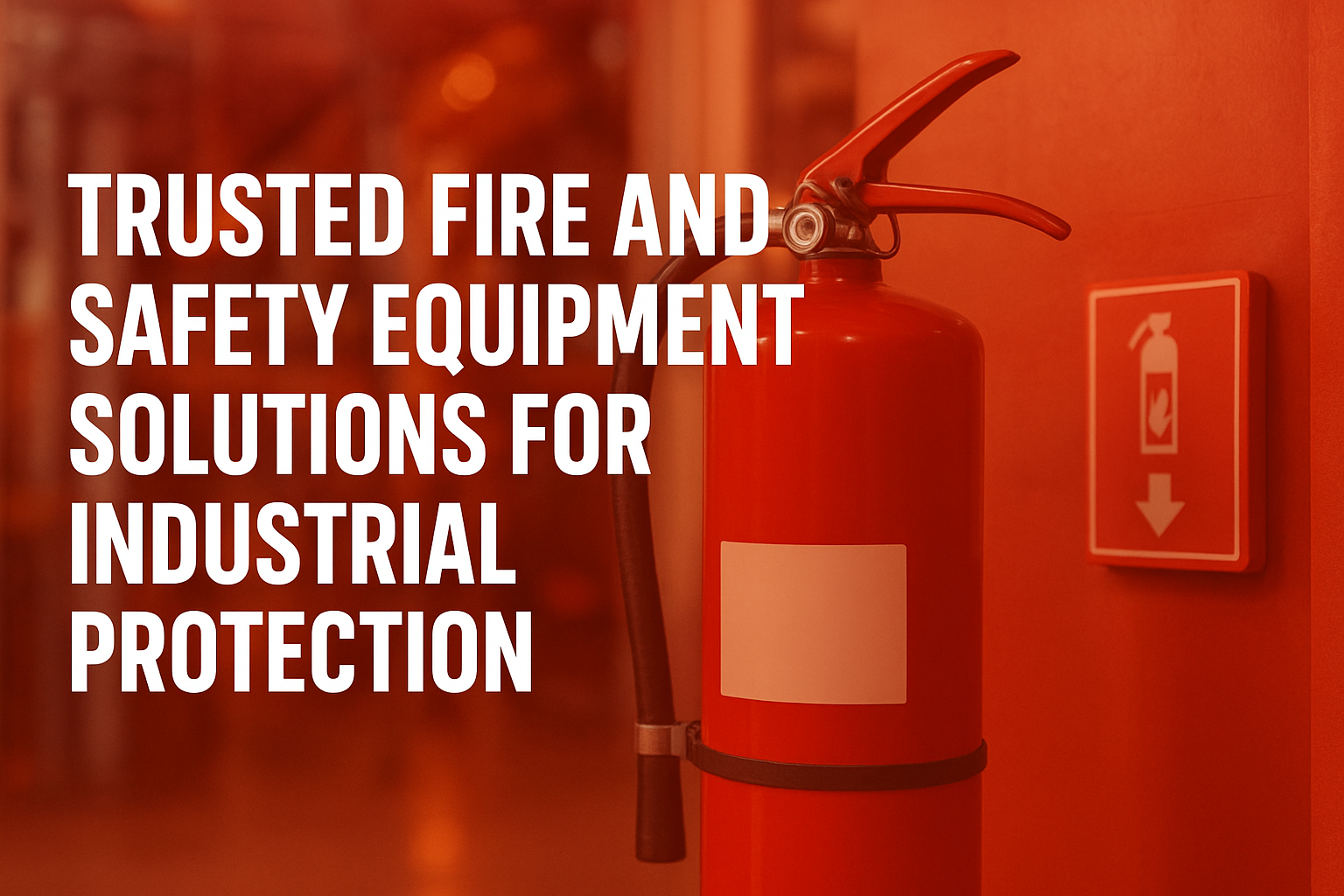
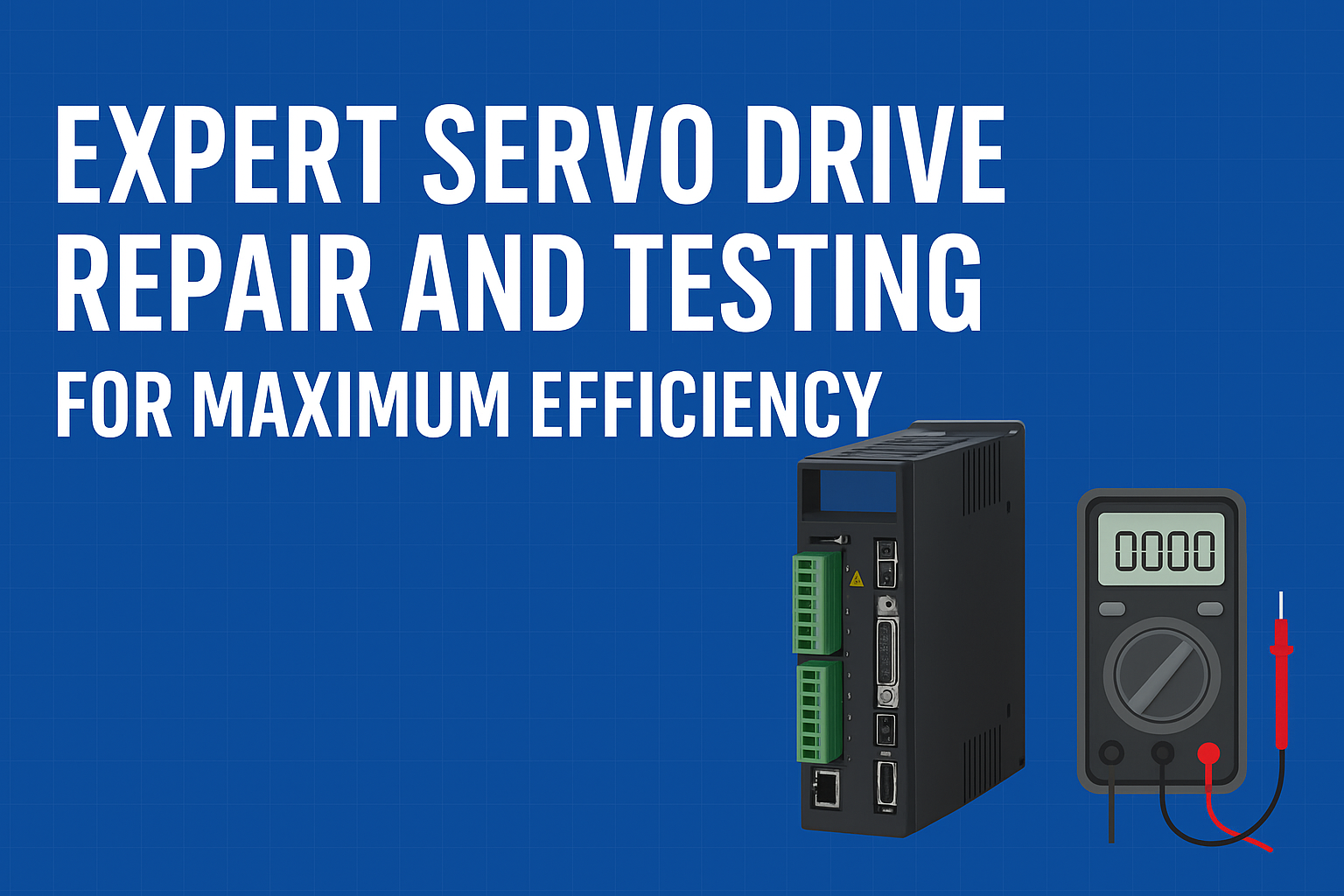
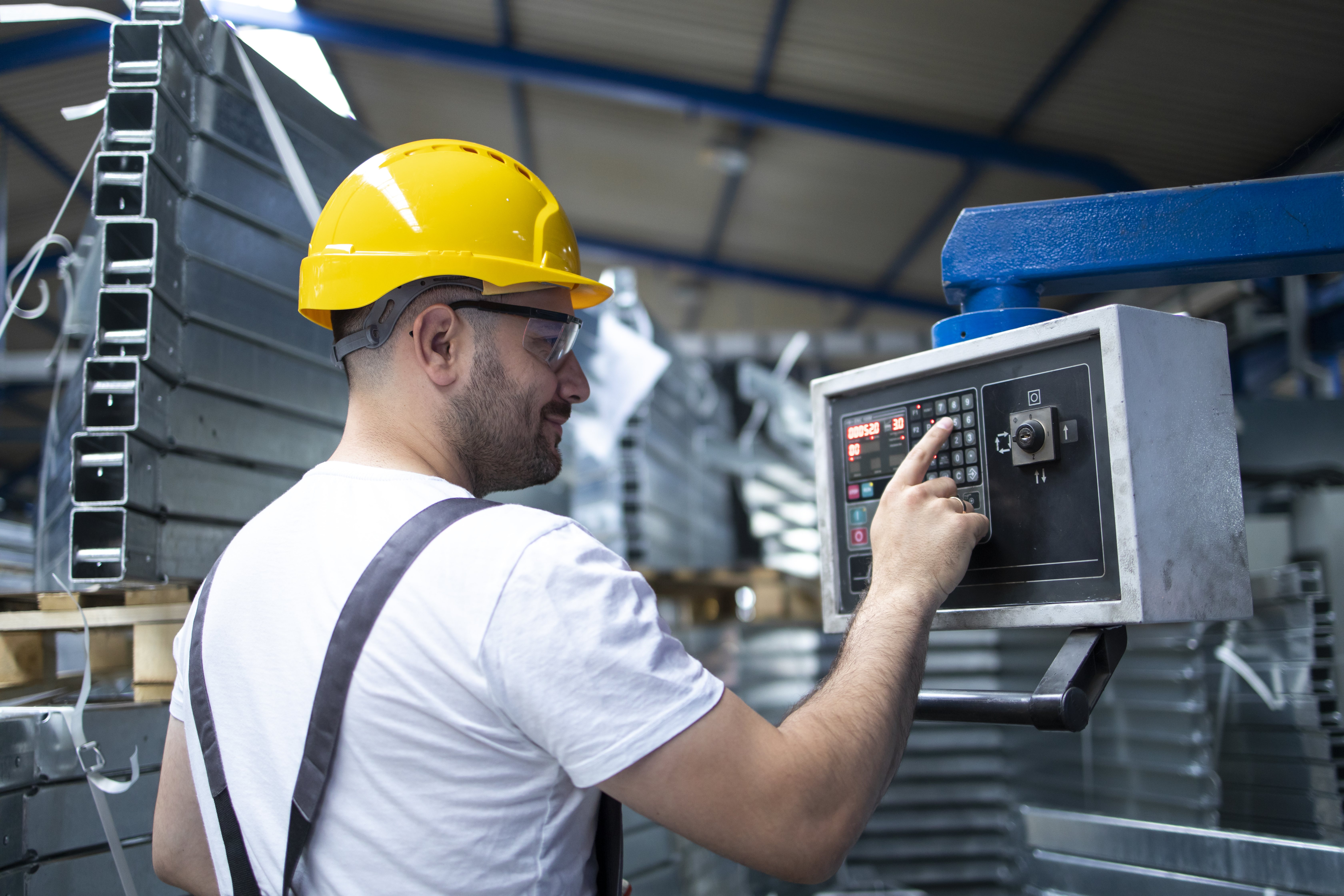
.png)




